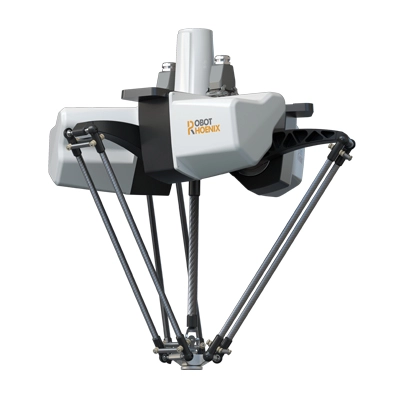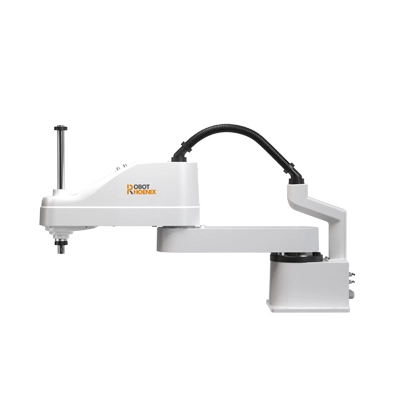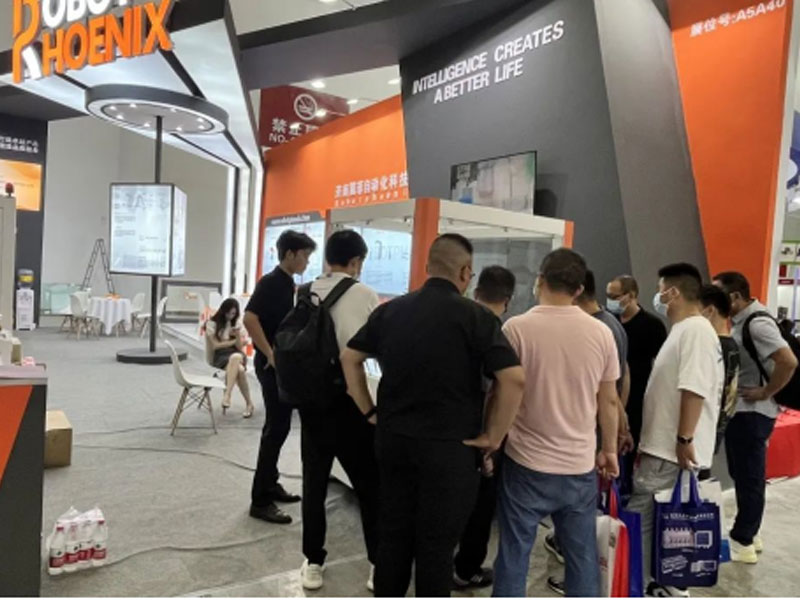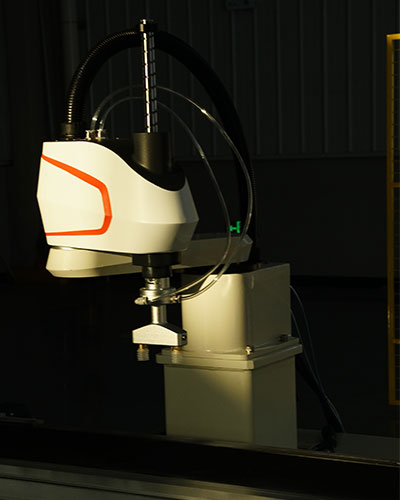In recent years, there has been a rapid increase in the use of robotic automation technology in various industries worldwide. This trend is set to continue as more businesses realize the benefits of integrating robotic automation into their operations. One of the primary benefits of robotic automation technology is the significant improvement in production efficiency and overall operational cost. In this blog post, we will explore how robotic automation technology impacts these important factors in manufacturing and other industries.
Increased Production Efficiency
Robotic automation technology has proven to be a game-changer in improving production efficiency in various industries. Robots can perform tasks faster, more accurately, and tirelessly, freeing up human workers to focus on more complex tasks. This significantly increases production output while reducing production time, leading to faster delivery times and improved customer satisfaction.
Furthermore, robots have a higher level of precision than human workers and can work 24/7, which results in consistent quality output. Automation technology also reduces the risk of human error, which can lead to costly mistakes or even accidents in the workplace. In short, automation technology reduces production time, boosts throughput, improves quality, increases worker safety, and lowers operational costs.
Reduced Operational Costs
Industrial robotic automation technology significantly reduces operational costs in the long run. The initial investment for installing and integrating robotic automation technology may be costly, but the ROI is significant. Robots are durable, need minimal maintenance, and provide constant performance levels, which significantly reduces the need for repairs and replacements. They also have a longer lifespan, which reduces the need for hiring and training costs, all of which add to the long-term cost savings.
Moreover, robots have also shown improvements in reducing energy consumption, which leads to reduced operating costs. As automation technology advances, robots become more efficient with power, which is critical in today's environment as businesses strive to reduce carbon emissions.
Improved Safety
Robotic automation technology leads to improved safety for workers in the manufacturing industry. Working in the same environment as humans, robots can take over the most hazardous and repetitive tasks, which reduces the risk of accidents and injuries. This significantly reduces the number of workplace accidents and absences, which can impact operational efficiency.
Furthermore, robots can work in harsh environments such as high temperatures, toxic fumes, and other hazardous conditions without risking worker health. This ensures compliance with health and safety regulations while maintaining productivity levels. In summary, robotic automation technology improves safety standards, reduces workplace accidents, and maintains operational efficiency.
The impact of robotic automation technology on production efficiency and operational costs is considerable. By automating repetitive tasks, robots free up human workers to focus on more essential tasks, which significantly increases production output. The technology also reduces the need for repairs and replacements, reduces energy consumption, and improves worker safety, all of which reduce operational costs.
In conclusion, the use of robotic automation technology has proven to be a game-changer for businesses seeking to increase production efficiency and reduce operational costs. The benefits of robotic automation technology continue to exceed expectations in terms of industry applications, output quality, worker safety, and profitability. Therefore, businesses that recognize the value of robotic automation technology can position themselves as industry leaders, drive innovation, and gain a critical competitive edge.
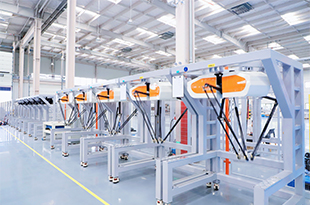 Learn More
Learn More 
 EN
EN  ja
ja  ko
ko  fr
fr  de
de  es
es  ru
ru  pt
pt  ar
ar  vi
vi  ur
ur 